Barbarestan: The Restaurant that Sparked Georgia's Culinary Revival

A flea market discovery of Barbare Jorjadze's recipe book on Georgian cuisine led to the revival of a culture's lost culinary identity, and also inadvertently, the country's earliest feminist works.
As with all good stories, this one too begins with a Once upon a time…
Barbarestan, the restaurant, in Georgia. Image credit: Barbarestan.
Once upon a time, the founders of a restaurant-to-be chanced upon an ancient cookbook at the Dry Bridge Flea Market — a market of dusty antiquarian things in Tbilisi, Georgia. The book, written by one Barbare Jorjadze was an old published version. The seed of an idea was sown, and Barbarestan, the restaurant was born.
Flash forward a few years later and stepping into Barbarestan in person, I feel like I’ve been welcomed into the cosy home of a friend. Run by a friendly couple who are parents to ten happy kids, the love for family and wholesome food shines through. Housed in an old butcher shop where the meat hooks are still visible, in Barbestan, worn old-school furniture, colourful rugs, an antique fireplace and black and white framed photos all pay homage to an ancient cuisine. On some nights, like this one, live classical Georgian music adds to the atmosphere.
Image credit: Barbarestan.
With Barbare Jorjadze’s cookbook from the flea market at its heart, Barbarestan allows both foreigners and Georgians alike to rediscover the forgotten treasures of their country’s heritage. You could call it home cooked food, but that would be oversimplifying. In reality, the restaurant has taken Barbare Jorjadze’s traditional recipes and elevated them for modern gourmands. No matter how well-travelled one is, there are some dishes on the Barbarestan menu that you would never have heard of before.
Highlights on the menu include Alublis Scechamandi (cold yoghurt soup), a refreshing vegan take on Sacivi (typically, chicken in a walnut sauce that gets swapped with aubergine), Walnut Stuffed Mountain Trout, Berry Tchriantela (a cold soup similar to gazpacho) and the iconic Georgian dessert, Pelamushi Pie. Pelamushi is traditionally a pudding, but in Barbarestan it comes with a base of roasted and ground walnuts — a pairing that even the locals have taken to with open arms.
Image credit: Barbarestan.
Devotion to fresh ingredients in all its forms is a massive feature of Georgian cuisine, and Barbarestan only uses locally sourced Georgian products; their commitment to quality is evident in every bite. The treasures of Barbarestan carry on at a subterranean level with a beautiful wine cellar from the 19th century. Wine has been produced in Georgia for at least 8,000 years, and today the country boasts more than 400 native grape varieties. The impressive wine selection at Barbarestan is reflective of this not-so-inconsequential fact.
Barbarestan's impressive wine cellar. Image credit: Barbarestan.
So, the question that remains is – who was Barbare Jorjadze beyond the person that lent her name and recipe book to the restaurant?
A feminist and a legendary Georgian chef, Barbare authored the first extensive book on Georgian cuisine called Georgian Cuisine and Tried Housekeeping Notes. Despite not having a full education she was an active writer, poet, and author. To call her most famous work a mere recipe book would be an insult. It is a gastronomical bible that is today found in almost every Georgian household.
Portrait of Barbare Jorjadze by Georgian artist Anuka Beluga as seen in the Georgian National Library's reading room named after Jorjadze.
Nonetheless, it is ironic that one of the country’s earliest feminists was, until recently, best remembered for her work in the domestic realm — a realm she campaigned for women to go beyond. Married at 12, she was a fierce advocate for the education and literacy of women arguing that women ‘will spare no labour and energy to contribute their share to progress.’
Sadly, a lot of Barbare’s work as a feminist was left sitting on library shelves, and it was her cookbook that went on to be celebrated. However, things are slowly changing. Today, in part thanks to Georgia’s gastronomic renaissance, there’s been a renewed interest in Barbare beyond her cookbook.
The Georgian National Library now has a reading room named after Jorjadze which contains several of her works on feminism along with her recipe book, of course. She is now being hailed as the original great feminist who, besides advising Georgians on the perfect way to cook turkey, also called for a more contributory role for women in society.
Barbarestan also regularly arranges talks and workshops centred around women's rights. Inspired by their namesake, they act as a source of information on Barbare’s work, and most importantly, have made it their mission to take one woman’s dedication to Georgian food to the world.
Barbare Jorjadze was ahead of her time. In her book, she combined multicultural flavours and wanted Georgians to keep an open mind about food around the world; to preserve tradition, but also to be receptive to new ideas.
This is an ethos Barbarestan has upheld, through culinary creations that are modern takes on her recipes. Under the Soviet Union's suffocating homogenising influence, a lot of recipes, traditions, and techniques were lost, that the book and the restaurant both, now aim to revive — a lost identity.
At Barbarestan, guests have the privilege of tasting not just delicious food but also history, heritage and culture.
A Digital Media Nut and a Travel Writer, Ankita holds good food in high regard. You can see more of her writing here.
ALSO ON THE GOYA JOURNAL





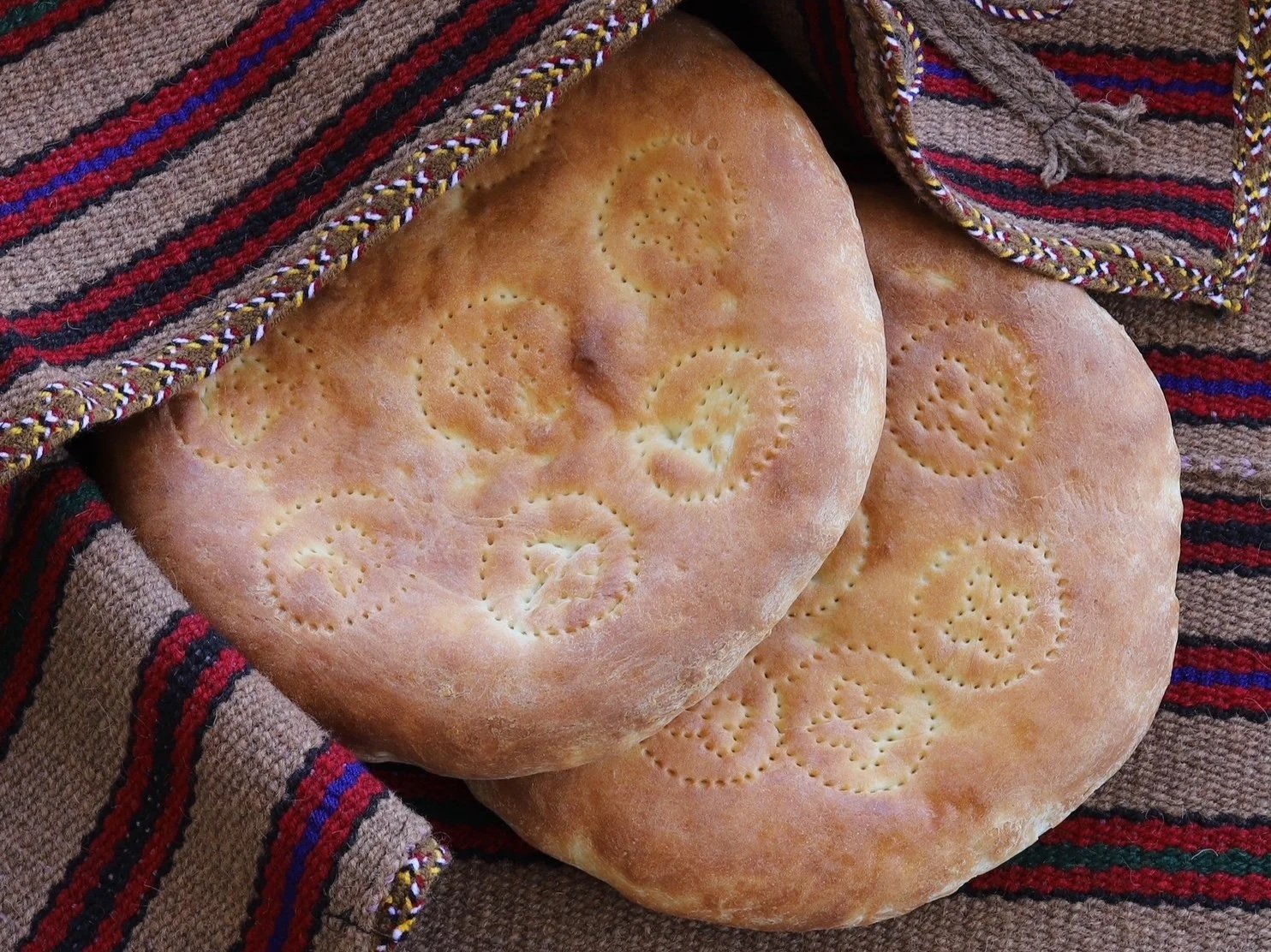
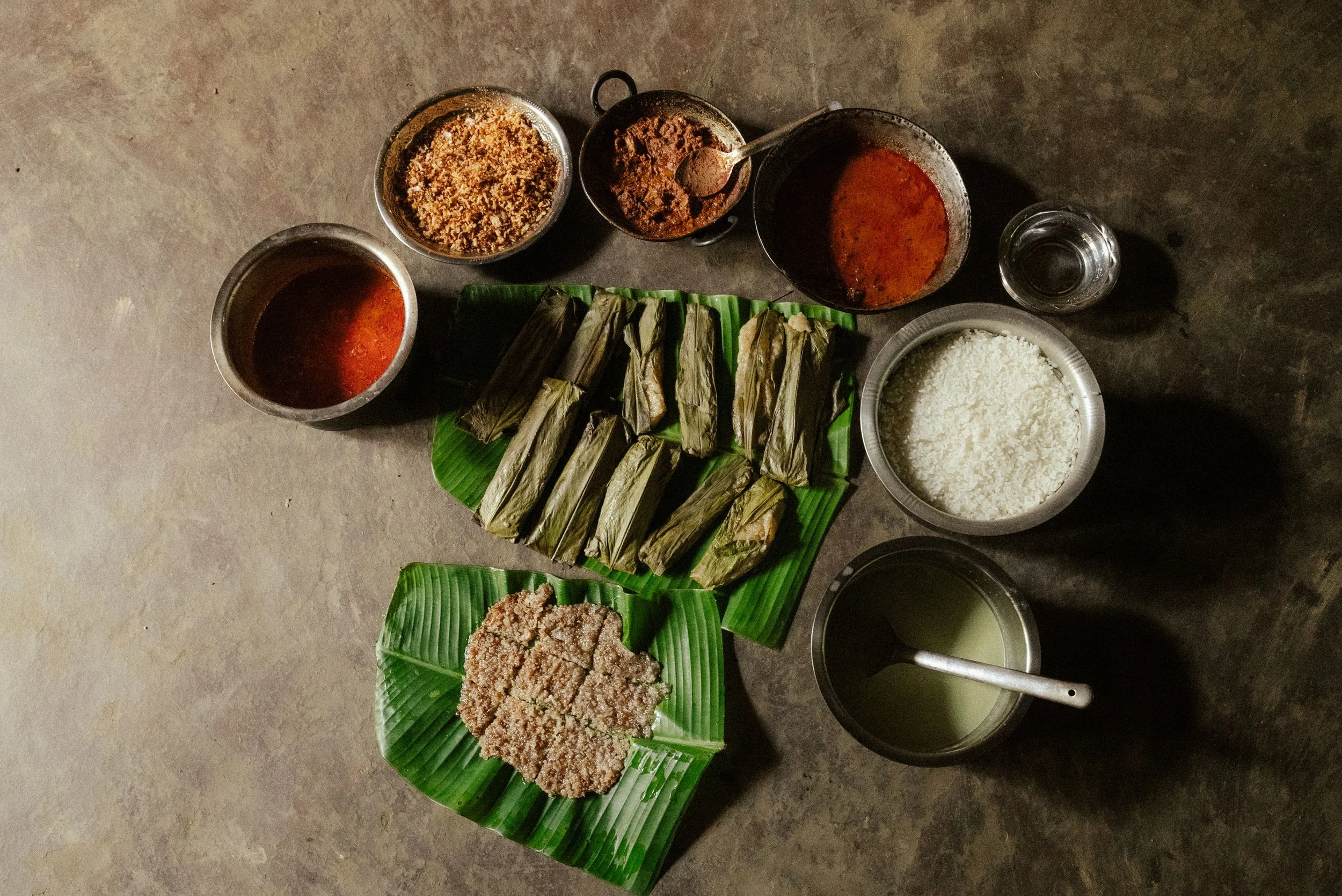
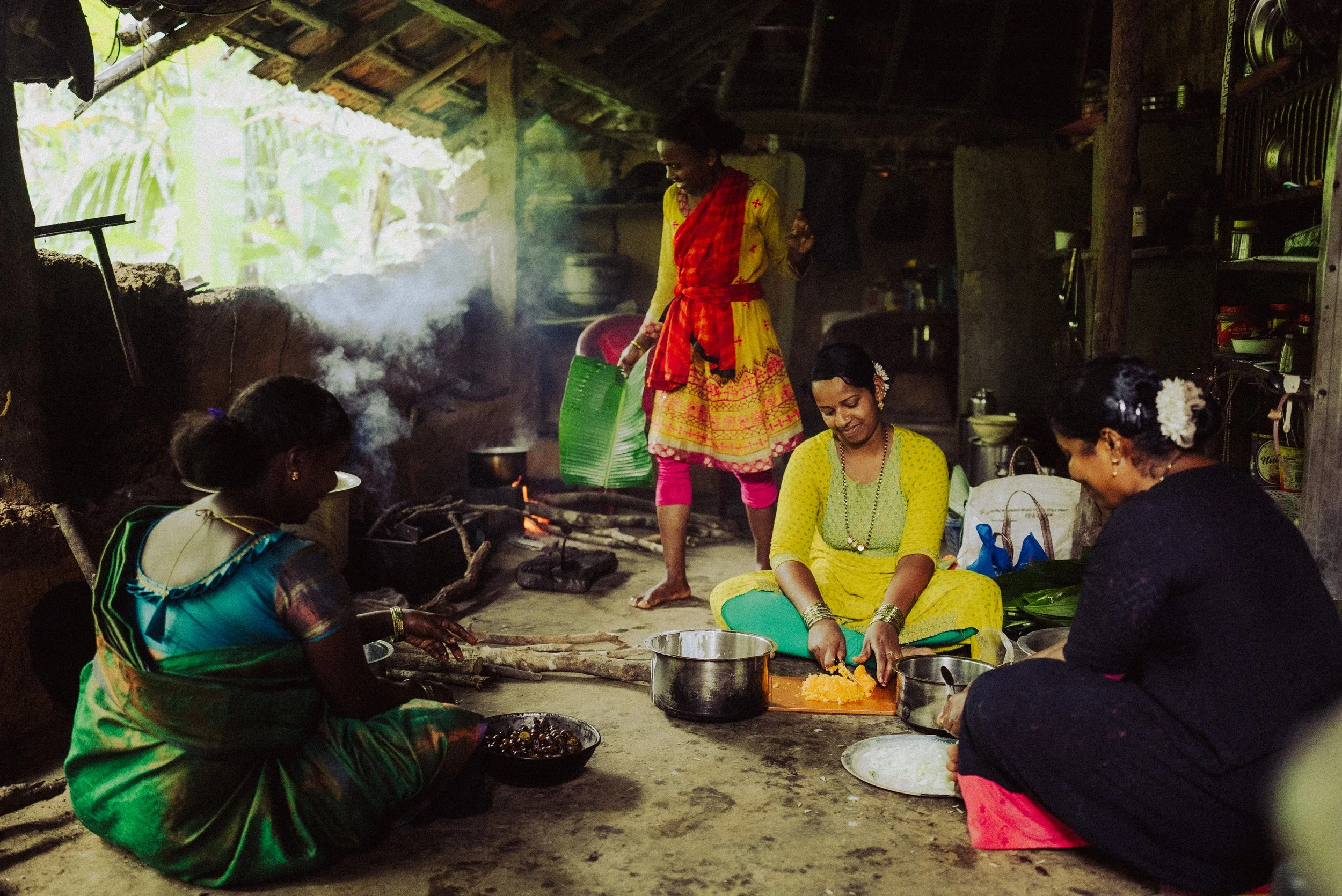
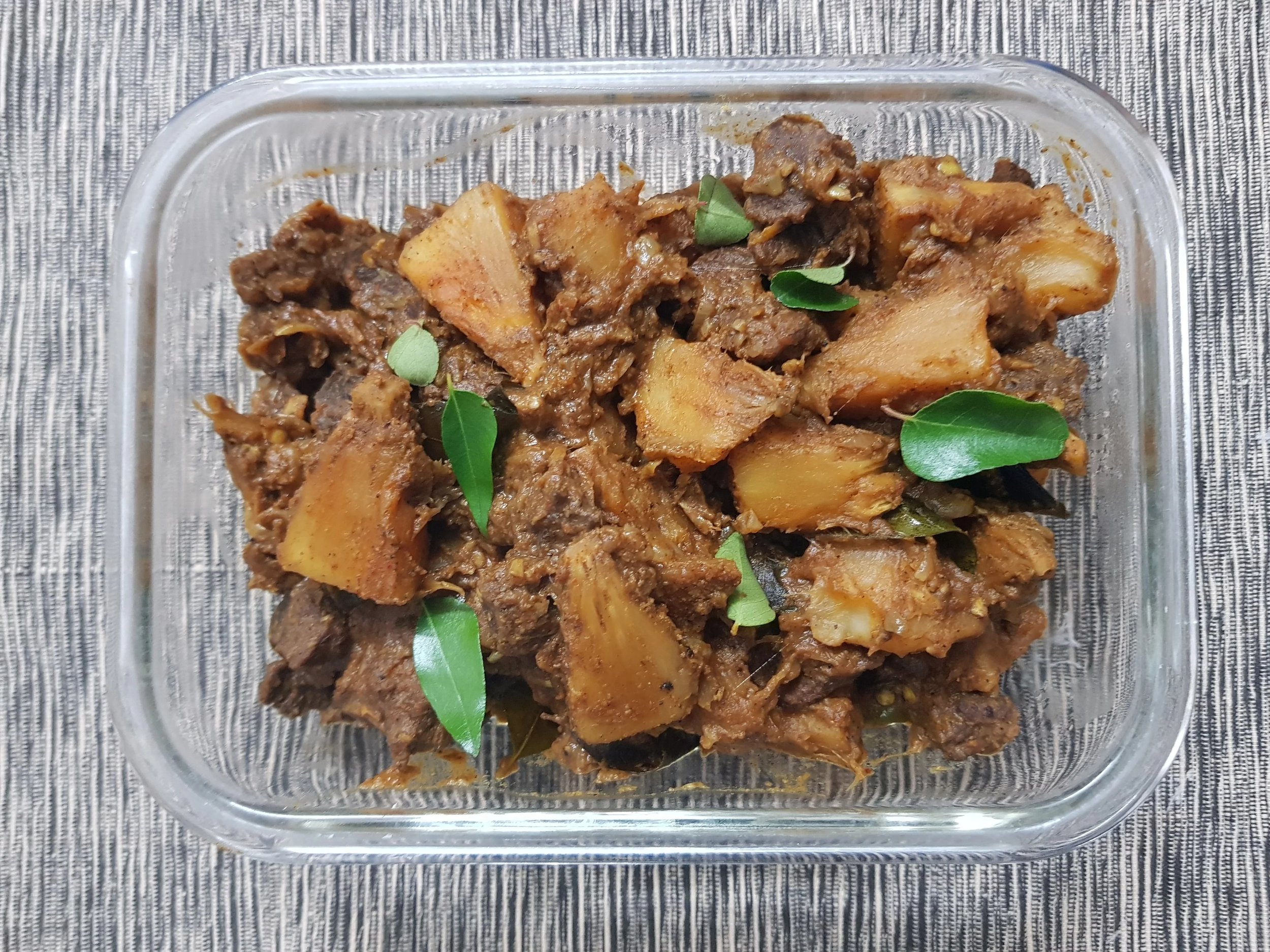
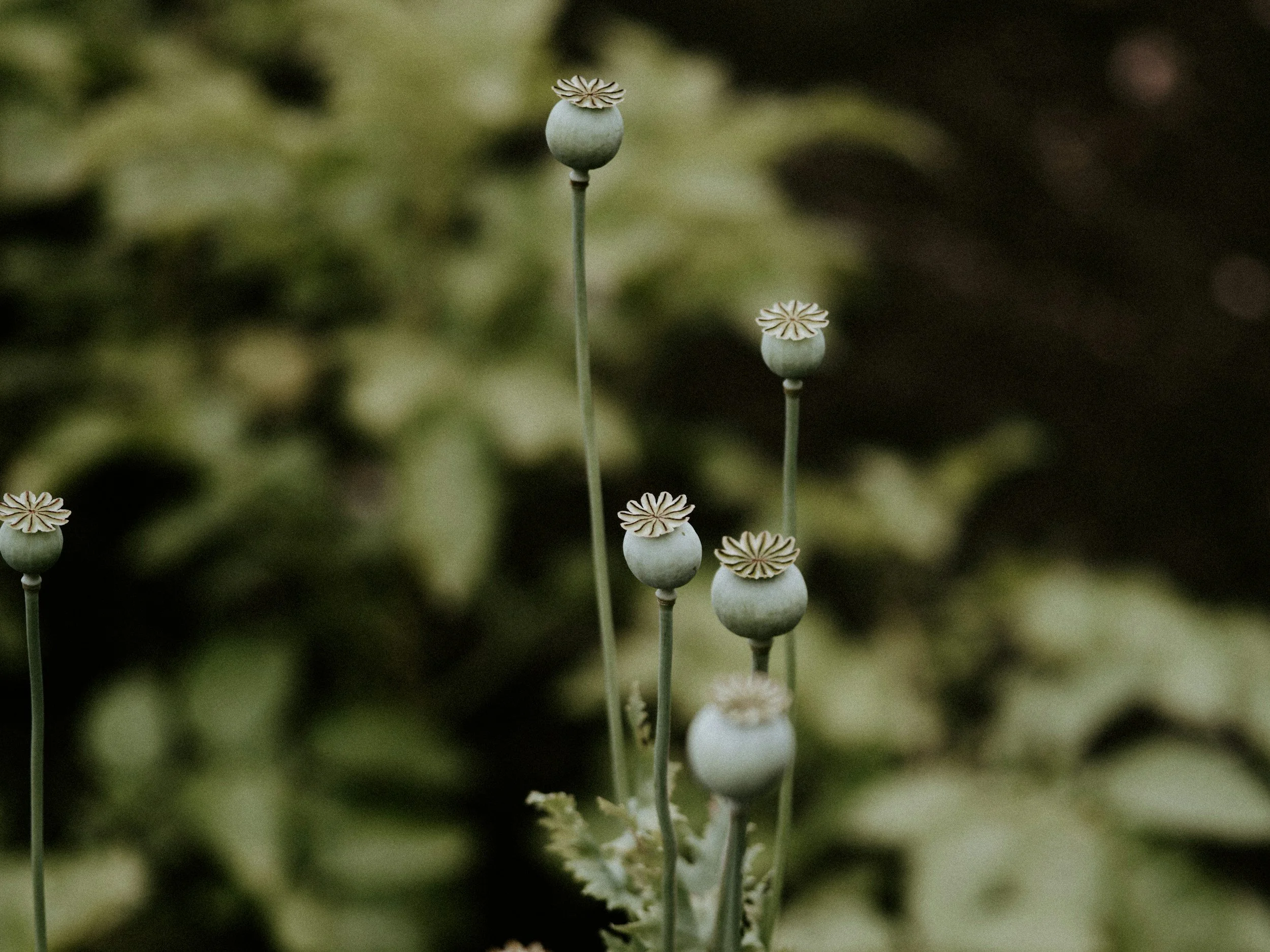
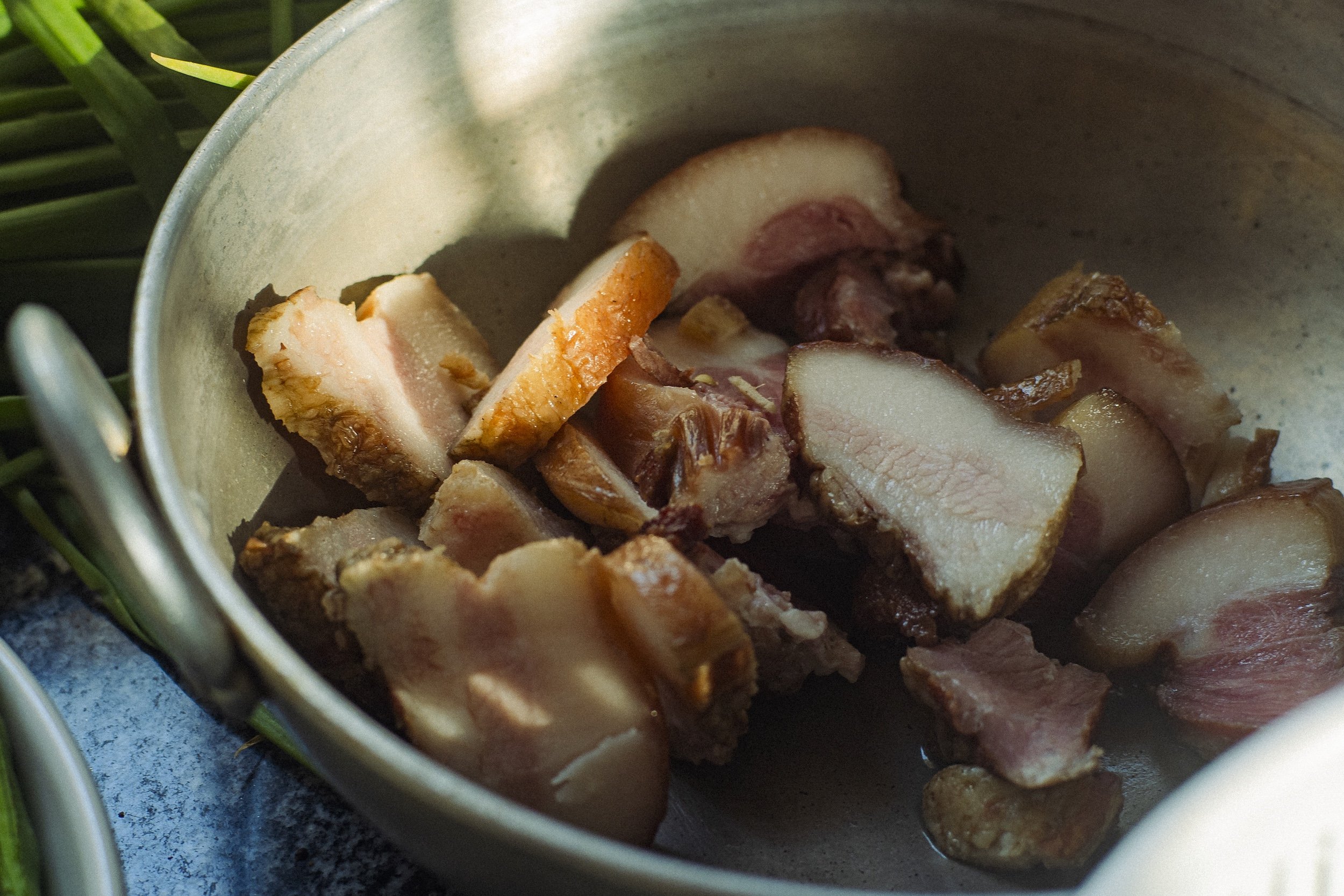
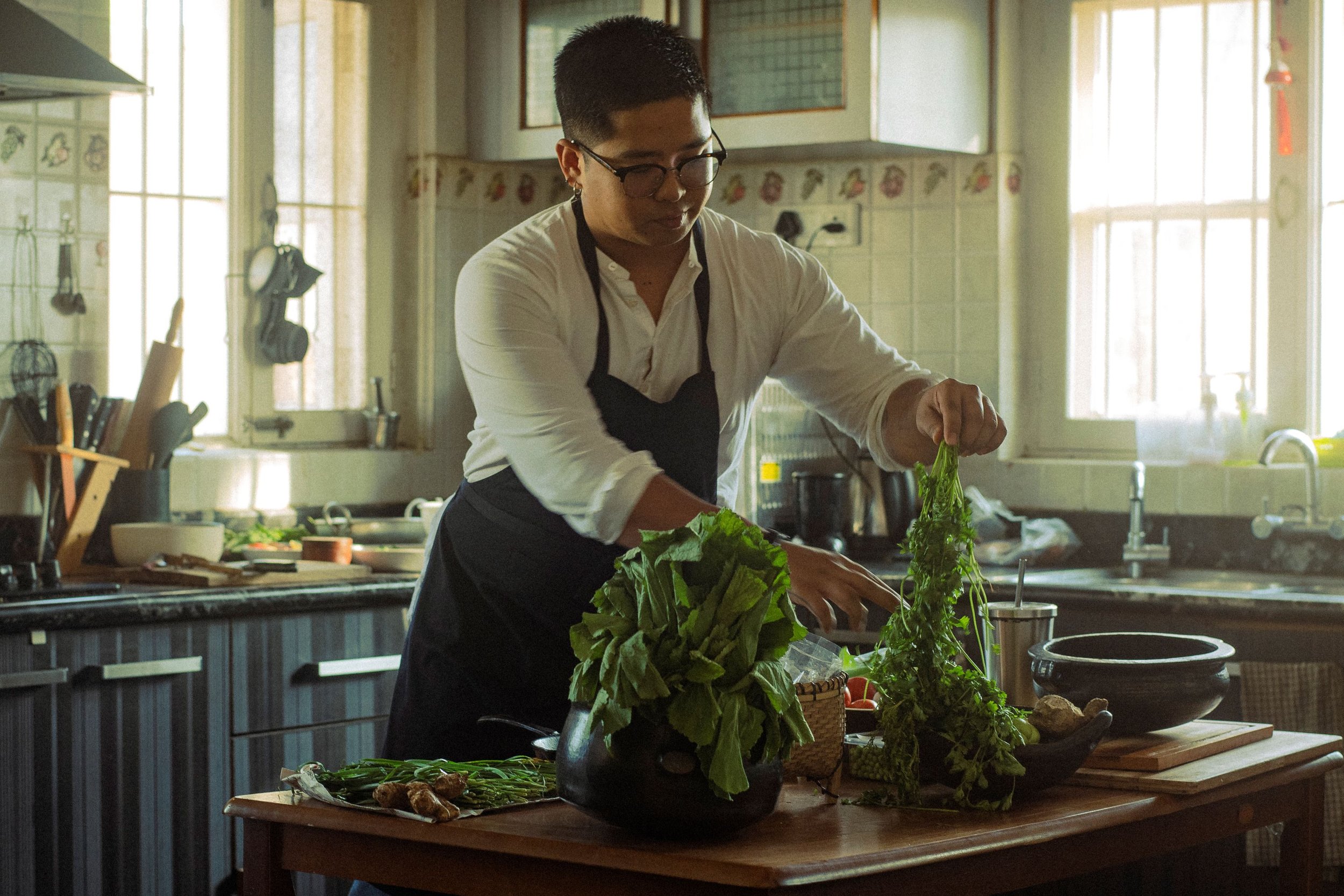
Neo-nomad cuisine of Central Asia | Terrence Manne